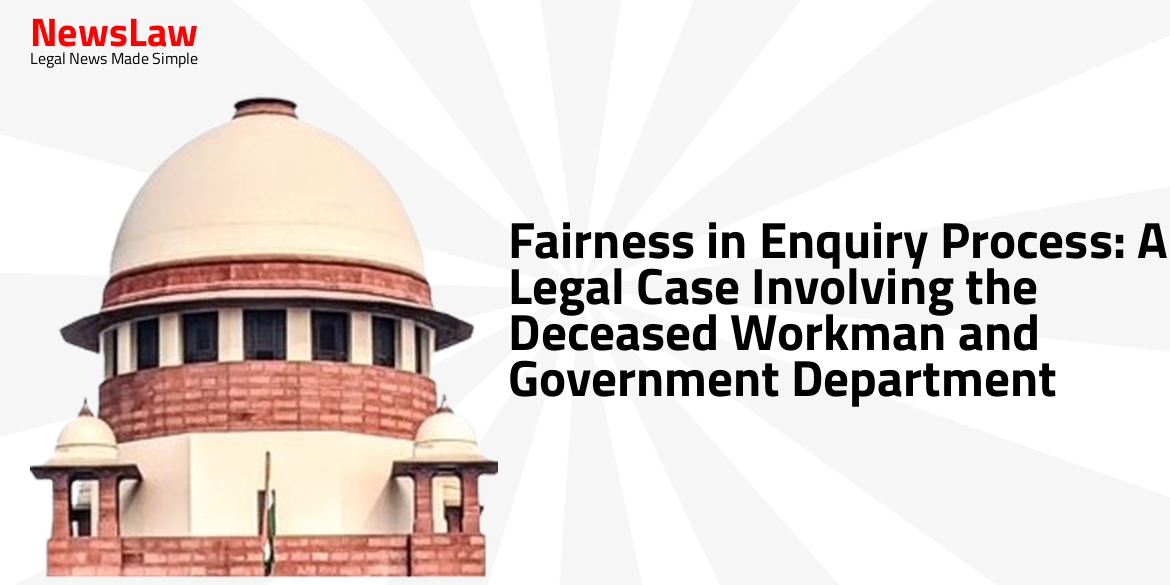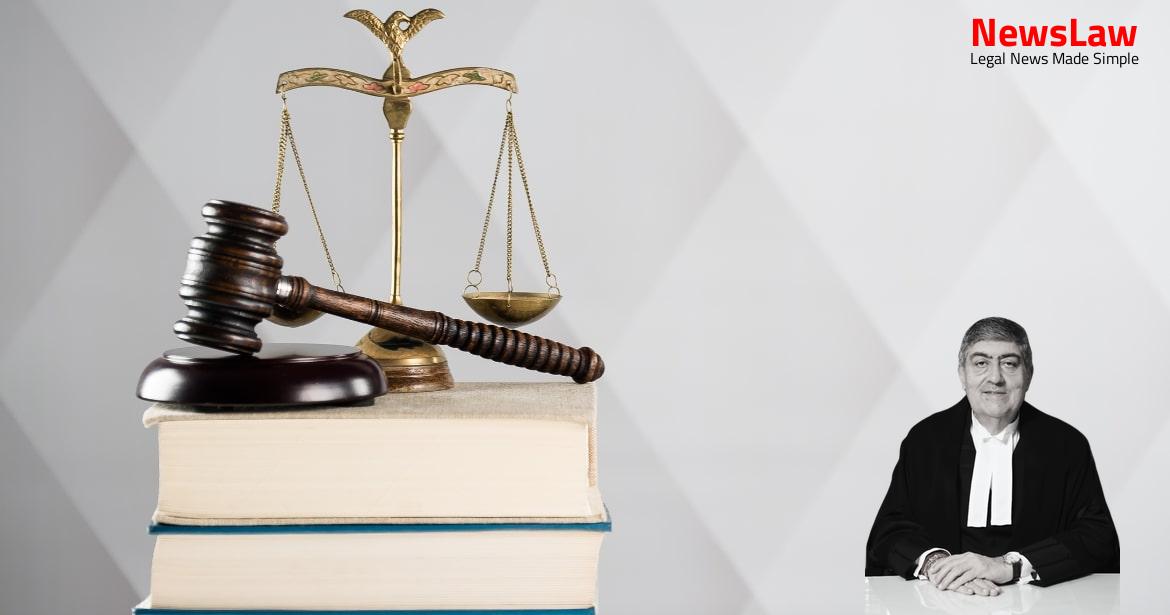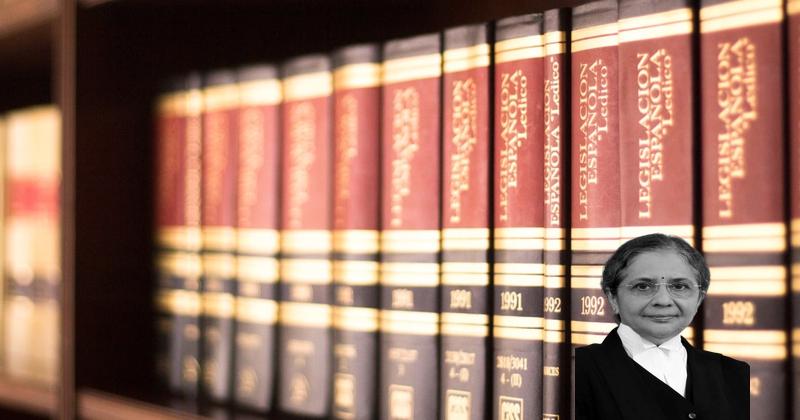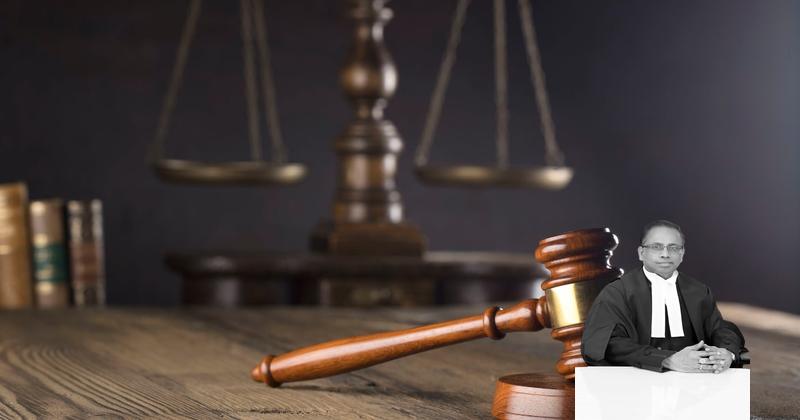In a recent legal case before the Delhi High Court, the fairness of the enquiry process between a deceased workman and a government department was scrutinized. The Court’s judgment focused on upholding principles of natural justice and ensuring a thorough investigation process. This case sheds light on the importance of adherence to procedural requirements and unbiased conduct during inquiries. Stay tuned to learn more about this significant judgment.
Facts
- The petitioner Department is a government instrumentality for public works.
- Shri Raspal Chand’s sister, who was a driver for the petitioner Department, was admitted to the hospital in 1996.
- The respondent, who has since passed away, worked as a messenger for the petitioner Department on a hand receipt basis since 1994.
- The respondent brought back the official vehicle in October 2012 under certain circumstances.
Issue
- Issue: Whether the Enquiry Officer conducted the investigation properly
- Primary concern: Thoroughness and fairness of the investigation process
- Evaluation of Enquiry Officer’s actions and adherence to guidelines
- Assessment of evidence and testimonies presented during the enquiry
- Analysis of whether procedural requirements were followed by the Enquiry Officer
Arguments
- The petitioner Department challenges the award of reinstatement with backwages given to the deceased respondent workman by the Ld. Tribunal.
- The petitioner argues that the respondent misused a government vehicle causing an accident and is solely responsible for the incident.
- The petitioner contends that the enquiry committee provided a fair opportunity for the respondent to present his case, thus not violating natural justice principles.
- The petitioner asserts that the respondent is not entitled to challenge the factual findings of the Labour Court under Article 226 of the Constitution.
- The petitioner emphasizes that the liability to compensate the deceased’s legal heirs lies with them and the respondent should not be exempt from responsibility.
- The petitioner argues that the Ld. Industrial Tribunal’s findings in favor of the respondent are legally sound and based on evidence, hence should not be overturned by the High Court.
- The petitioner maintains that the respondent’s lack of knowledge in driving led to the accident, making him solely responsible for the mishap.
- The petitioner prays for the writ petition to be granted, seeking relief as requested.
- The respondent workman was wrongly incriminated in the alleged offence despite not knowing how to drive.
- The enquiry officer took on the role of the Presenting Officer for the management, indicating bias and vitiating the enquiry.
- The learned Court rightly concluded that the accident was not the fault of the respondent workman.
- The impugned award correctly set aside the wrongful termination of the respondent workman.
- The domestic enquiry was deemed invalid due to the enquiry officer’s biased actions.
Analysis
- The impugned award was set aside due to failure to conduct a full-fledged inquiry by the petitioner Department.
- The Enquiry Officer was found to have acted as a prosecutor, which violated the principles of natural justice.
- The High Court was not supposed to reappreciate evidence or act as an appellate authority in disciplinary proceedings.
- Absence of a Presenting Officer does not necessarily invalidate the inquiry, but fairness and adherence to natural justice principles are essential.
- The disciplinary authority has the exclusive power to examine evidence in a disciplinary report.
- The Enquiry Officer should act independently and not as a representative of the department to ensure a fair inquiry process.
- The High Court should not interfere unless there is a gross violation of rights or a perverse conclusion by the authority.
- Judicial review should focus on legal validity of decisions, not reevaluating evidence or proportions of punishment.
- If the Enquiry Officer acts as a prosecutor, it compromises the impartiality and fairness of the inquiry.
- The aim of the rules of natural justice is to prevent miscarriage of justice and ensure fairness in proceedings.
- A domestic inquiry must be held by an unbiased person unconnected with the incident for impartiality.
- Enquiry Officer acting as the Presenting Officer implies bias.
- Violation of natural justice principles or statutory regulations allows for court interference.
- Adjudicator in disciplinary proceedings must act fairly, impartially, without bias.
- Enquiry Officer presenting or supporting the case of the employer shows lack of an open mind.
- Courts may interfere if findings are arbitrary, capricious, mala fide, or if based on extraneous considerations.
- Principles of natural justice safeguard fairness, impartiality, and transparency in proceedings.
- High Court in Article 226/227 powers does not reappreciate evidence.
- Natural justice must be read into Regulation 7(2), and its application depends on the facts of the case.
- Various facets of natural justice aim to ensure justice and fair play.
- Reviewing authority can impose suitable punishment maintaining discipline in quasi-judicial proceedings.
- Inquiry vitiated if Enquiry Officer acts as prosecutor, bias arises.
- Inquiry validity based on some evidence; adequacy and reliability of evidence not grounds for interference.
- Courts refrain from intervening in factual findings unless patently perverse or unsupported.
- Superior courts may invoke proportionality in exceptional cases.
- Fundamental natural justice principles include impartiality, no bias, no personal knowledge use, and fair penalty imposition.
- Power of judicial review ensures fair treatment, not correctness of authority’s conclusion.
- Courts avoid reassessing evidence in the domestic enquiry or interfering based on differing views.
- Disciplinary authority can remit the case to enquiring authority for fresh enquiry.
- Disciplinary authority must record reasons for disagreement with findings of enquiring authority.
- Disciplinary authority can impose penalties specified in Regulation 4 regardless of findings.
- Principles of natural justice to be read in Regulation 7(2) even if not explicitly stated.
- The application under Section 17-B of the ID Act filed by the respondent was allowed in October 2012, resulting in the respondent receiving over Rs.16 Lakhs.
- The respondent workman in the case has passed away, making the question of reinstatement irrelevant.
- The petition lacks merit as the termination of the respondent workman was deemed illegal, and the petitioner Department failed to provide any convincing arguments.
- Considering the respondent workman’s demise and the substantial amount received under Section 17-B, a final compensation of Rs.5 Lakhs is awarded to the legal heirs.
- The Court declines to interfere with the impugned award, as the findings of the Labour Court are deemed appropriate.
Decision
- The judgment is to be uploaded on the website without delay.
- The inquiry dated 02.06.1997 is set aside.
- The management has the right to proceed with a new inquiry.
- The Department is instructed to make the payment to the legal heirs of the deceased worker within eight weeks.
- The award passed by the Industrial cum Labour Court-II on 25 April, 2005, is modified.
- The petition along with any pending applications is disposed of.
Case Title: CHIEF ENGINEER(ELECTRICAL) CPWD Vs. RAKESH SINGH (2024:DHC:3712)
Case Number: W.P.(C)-6624/2007



